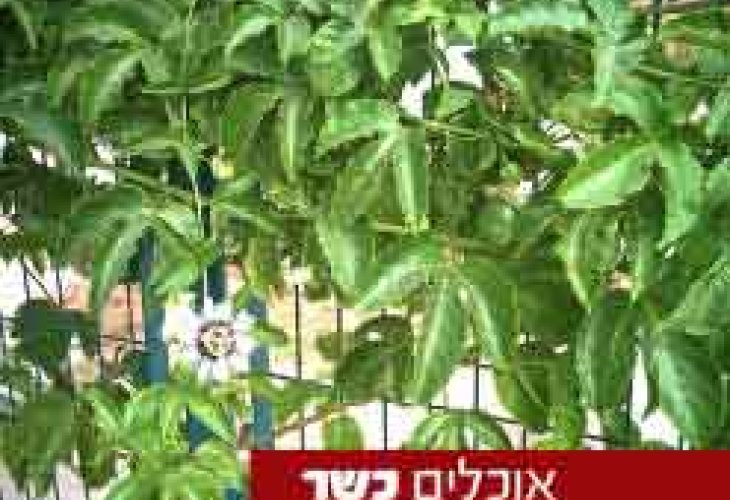Those Subject to and Exempt from Orlah
A guide to understanding which plants require orlah restrictions and which are exempt under Jewish law

1. A plant whose trunk dies, even if it regrows again from existing roots, such as banana plants, strawberries, and similar plants, is classified as a vegetable and not a tree, and the laws of orlah do not apply to it. However, this rule only exists if the plant naturally grows this way, with its trunk dying and new growth emerging from its roots. If the plant is manually pruned, even if pruning is necessary, it is still considered a tree species.
2. A plant whose fruits deteriorate in quality from year to year is not a tree but a vegetable (Maharam Alsheikh).
3. A plant with a hollow trunk is not a tree but a vegetable (Rabbi Hamaniach in Responsa Haleket. However, we have written in the book "Chelkat HaSadeh" that one should not rely on this reason alone but only in conjunction with additional indicators).
4. A plant that does not survive more than three years is not classified as a tree but as a vegetable (Binat Adam and others).
5. A plant that produces fruit within a year of being sown from a seed (not through grafting) is a sign that it is a vegetable and not a tree.Below we will refer to some plants that are halachically questionable:
The following fruit types, although there are halachic uncertainties, are practically subject to orlah laws: Prickly pear (Sabras, and there is reason to be stringent even with prickly pear leaves – 'Napolitis'), Pitaya (dragon fruit).
The following fruit types according to all opinions – in practical halacha – are not subject to orlah laws: Bananas, strawberries, tomatoes, eggplants, okra, sugar cane (although classified as trees, there is reason to be lenient regarding orlah), mint, tea, hot pepper (– the vast majority of varieties – see next section).
The following fruit types are primarily ruled as not subject to orlah laws: Papaya, passion fruit, Sudanese pepper.
The following plant types are practically not subject to orlah laws: Khat leaves, grape leaves, myrtle for fragrance, rose leaves (edible ones).
Raspberry plant - I do not have a clear ruling yet (there are several varieties and for some there is still no clear decision), nevertheless, those imported from abroad are permitted for consumption, as is the law for all doubtful orlah from outside Israel.

